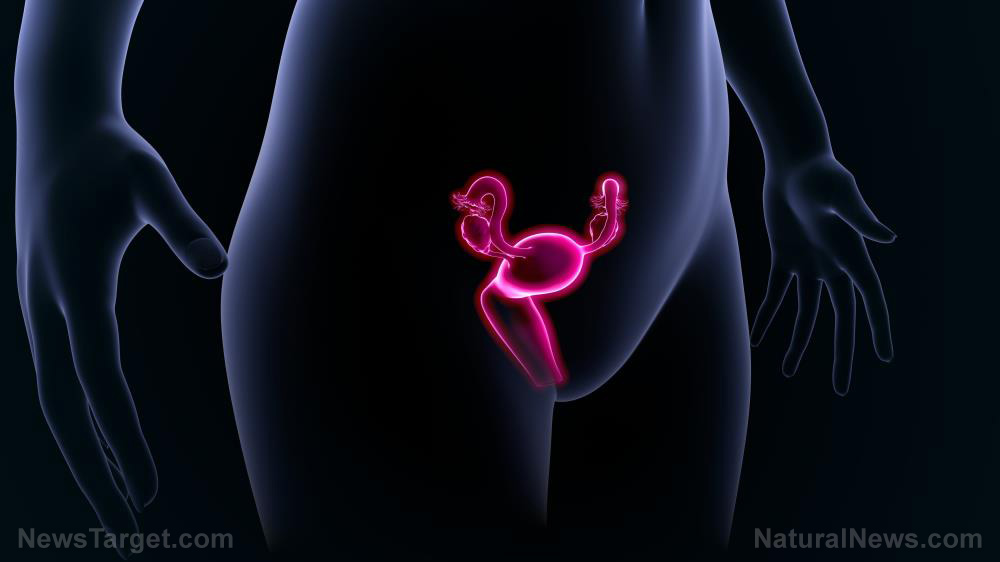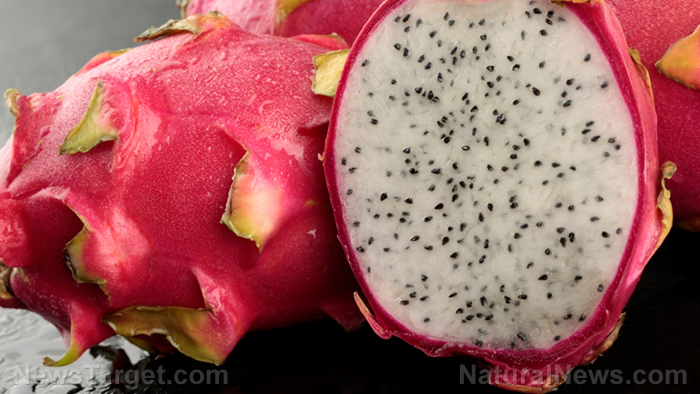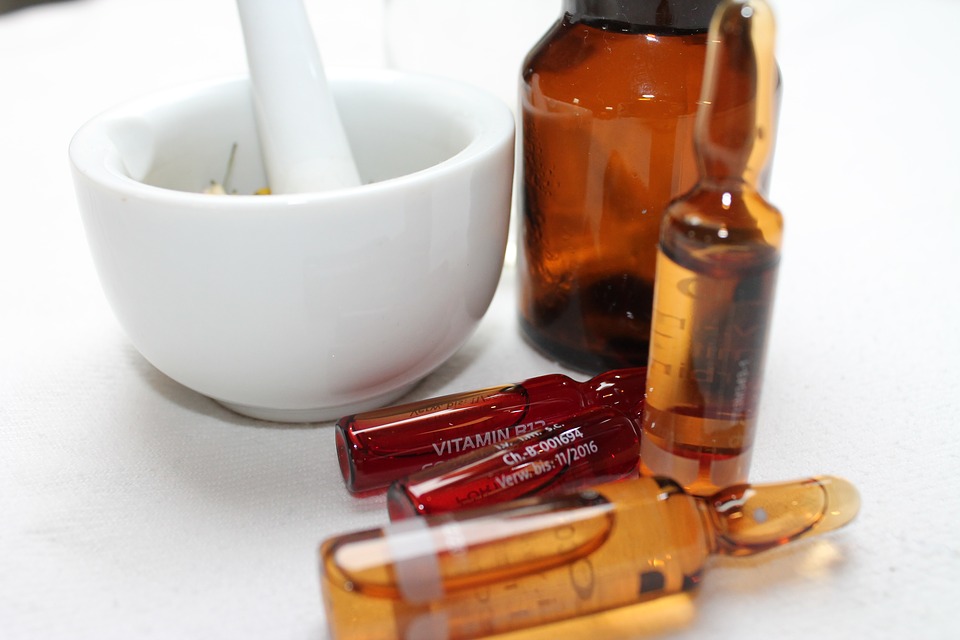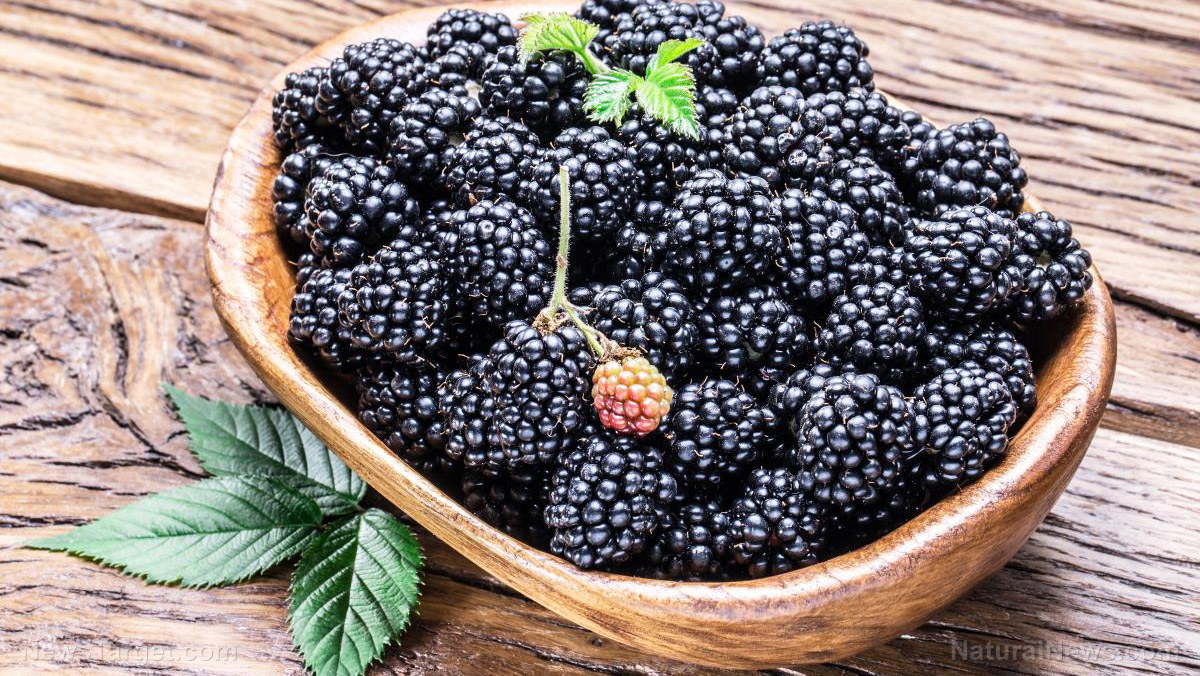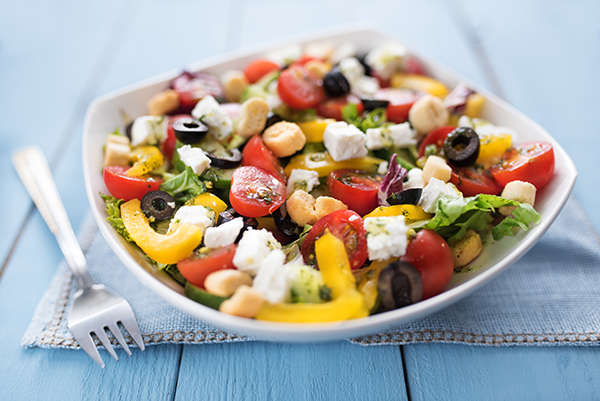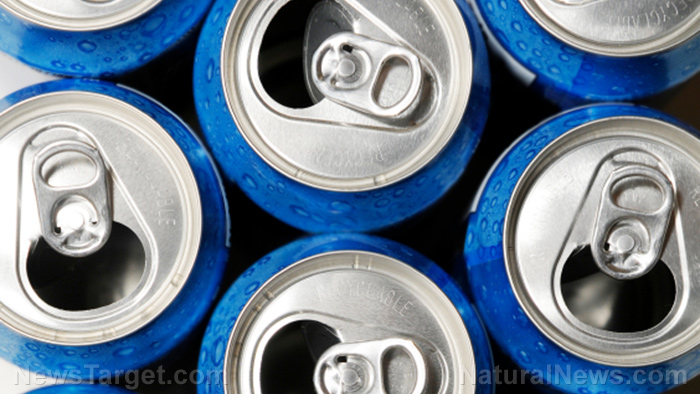Beetroot strengthens heart health, improving blood pressure and athletic performance
07/19/2025 / By Lance D Johnson

Beetroot, once relegated to the sidelines as a humble root vegetable, has surged into the spotlight as a nutritional powerhouse — backed by rigorous science showing its ability to enhance cardiovascular health and athletic performance. Recent research reveals that the deep-red tuber’s benefits stem largely from its high nitrate content, which converts to nitric oxide in the body, improving blood flow, lowering blood pressure and even boosting exercise efficiency. As scientists delve deeper, beetroot’s potential extends beyond the gym or the doctor’s office — it might just be one of nature’s most potent performance enhancers.
Key Points:
- Beetroots are rich in nitrates, which convert to nitric oxide (NO), improving blood flow and lowering blood pressure.
- Drinking 500 mL of beetroot juice daily (per a 2008 Hypertension study) significantly reduces blood pressure within hours.
- Enhances endothelial function and reduces arterial stiffness — key factors in preventing heart disease.
- Betaine: Reduces inflammation, supports liver function, and aids muscle recovery.
- Potential role in managing diabetes, peripheral artery disease, and cognitive function (via increased cerebral blood flow).
- Beetroot provides natural cardiovascular support and performance-enhancing (ergogenic) effects.
- Synergistic effects of nitrates + betaine make it a dual-action superfood.
The nitric oxide effect: Beets’ superpower
At the heart of beetroot’s benefits is nitric oxide (NO), a molecule critical for vascular health. When consumed, dietary nitrates in beetroot are converted into nitrite by oral bacteria and then into nitric oxide in the bloodstream. This process causes blood vessels to dilate, reducing resistance and improving circulation — key factors in lowering hypertension and preventing cardiovascular disease.
A landmark 2008 study published in Hypertension found that drinking just 500 milliliters (about 2 cups) of beetroot juice daily led to significant reductions in blood pressure within hours, an effect comparable to some medications. Subsequent research reinforced these findings, confirming that regular beetroot consumption enhances endothelial function — the inner lining of blood vessels — making them more responsive and resilient.
Dr. Emma Wight, a cardiovascular researcher at the University of Cambridge, notes, “Nitric oxide isn’t just about lowering blood pressure. It plays a role in reducing arterial stiffness, which is a major risk factor for heart disease. Beets provide a natural, dietary way to support vascular health.”
Beetroot and athletic performance: A Game changer
Beyond heart health, beetroot has earned a reputation as an ergogenic aid — an exercise enhancer — among athletes. A pivotal 2009 study in the Journal of Applied Physiology demonstrated that nitrate-rich beetroot juice reduced the oxygen cost of submaximal exercise, allowing participants to cycle longer before fatigue set in. Researchers attributed this to improved mitochondrial efficiency, meaning muscles required less oxygen to produce energy.
A 2010 follow-up study shed further light: beetroot juice increased muscle contractile efficiency during knee-extensor exercises, likely by reducing the ATP cost of muscle force production. Essentially, beetroot helps muscles work smarter, not harder.
Elite athletes, from marathoners to Tour de France cyclists, have since embraced beetroot supplementation. Professional runner and Olympian Jenny Carson states, “On heavy training days, I swear by beetroot shots. The difference in my endurance and recovery is noticeable.”
Betaine: The unsung hero
While nitrates steal the spotlight, beetroot contains another crucial compound — betaine. This methyl-group donor supports liver function, reduces inflammation and may even lower homocysteine levels, a marker linked to heart disease. Betaine’s role in cellular hydration and protein synthesis also aids muscle recovery post-exercise.
“Betaine’s benefits are synergistic with nitrates,” explains Dr. Alan Patel, a sports nutritionist. “Together, they offer a dual-action boost—improving vascular function while supporting metabolic health.”
Cutting-edge research and future applications
Emerging studies explore beetroot’s potential in managing diabetes (by improving insulin sensitivity) and aiding peripheral artery disease patients, for whom enhanced circulation is critical. Some researchers are even investigating its role in cognitive function, given nitric oxide’s influence on cerebral blood flow.
However, experts caution that processing matters. “Juicing preserves nitrates, but cooking can degrade them,” says Dr. Lisa Nguyen, a food scientist. For maximum benefit, raw or lightly cooked beetroot — or cold-pressed juice — is optimal.
Beetroot’s rise from garden staple to superfood underscores the intersection of diet and cutting-edge physiology. With proven cardiovascular benefits and performance-enhancing properties, it’s no wonder scientists and athletes alike are incorporating the humble root into their routines. As research continues, one thing is clear: This vibrant vegetable is more than just a salad ingredient — it’s a natural prescription for better health.
Sources include:
Submit a correction >>
Tagged Under:
#nutrition, athletic performance, beetroot, betaine, blood pressure, Cardiovascular Science, endothelial function, endurance training, ergogenic aids, Exercise Efficiency, food science, health research, health science, heart health, hypertension prevention, muscle recovery, Nitrates, nitric oxide, Performance Nutrition, sports science, vascular health
This article may contain statements that reflect the opinion of the author

